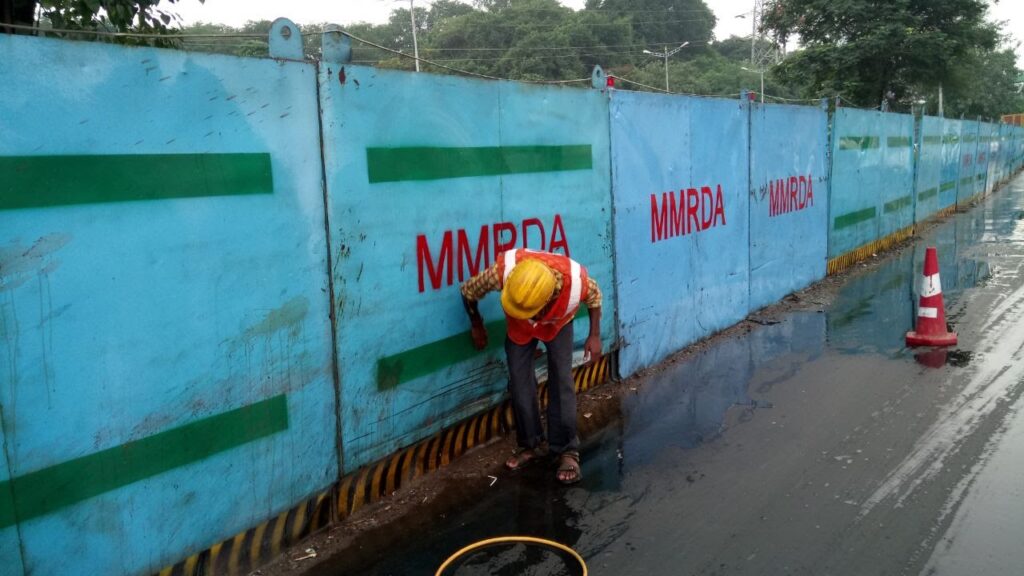Metro Road Cleaner
A metro road cleaner, often referred to as a road sweeper or street sweeper, is a specialized vehicle designed for cleaning and maintaining urban roadways and streets. These machines are essential for keeping metropolitan areas clean, safe, and aesthetically pleasing. Here's a detailed overview of their functions, types, operations, and significance:

